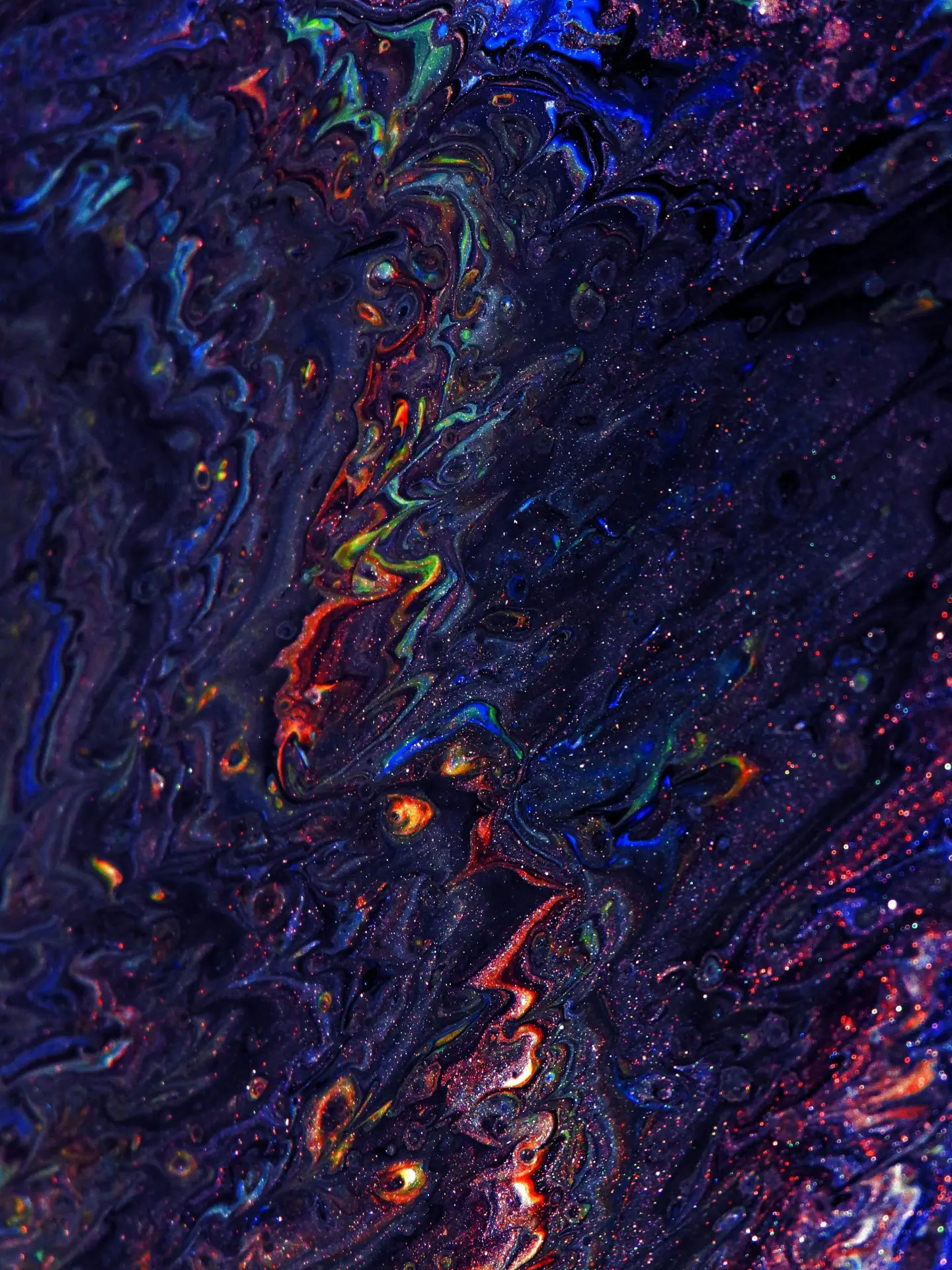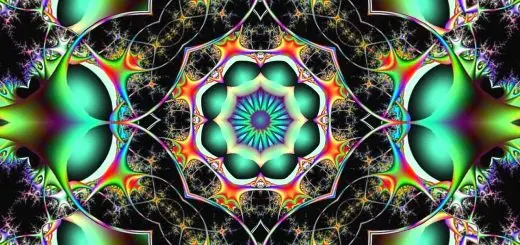How Do We Explain Consciousness?

Looking for more amazing products? Check out our online store and explore our collection here! Happy shopping!
Before diving in, please note: This post is for informational purposes only. If you’d like to know more about how we approach topics, feel free to check out our friendly Disclaimer Page.
Hey there, amazing readers! 
We’re committed to delivering quality posts, and your support (even just sticking around despite the ads) means everything to us. So, bear with us, and thanks for helping us keep the good vibes rolling. Now, on to the fun stuff!
TRANSLATE BUTTON AT THE END OF THE ARTICLE
A Quick Overview
Consciousness—what a delightful, perplexing topic!
You might find yourself pondering: what does it really mean to be conscious?
Why do we think, feel, and experience life the way we do?
By diving into the many layers of consciousness, we can start to uncover the intricacies of our minds and how they shape our experiences.
In this article, we’ll explore various perspectives, from historical viewpoints to scientific explanations, and even touch on the implications for artificial intelligence.
So, grab a cup of coffee and let’s embark on this fascinating journey together!
What Is Consciousness? A Fun Introduction to the Topic
Imagine waking up in the morning.
You stretch, take a deep breath, and become aware of the world around you.
That’s consciousness!
It’s the state of being aware of one’s thoughts, feelings, and surroundings.
But there’s so much more to it than just waking up and going about our day.
Consciousness is like a vast ocean.
Some days it’s calm and serene, while other days it can feel like a stormy sea, full of waves of thoughts and emotions crashing against one another.
It’s not just limited to human experience either; many animals display varying degrees of consciousness.
Have you ever seen a dog react to a command?
That’s its consciousness in action!
Here are a few fun facts about consciousness:
The Continuum: Consciousness isn’t just an on-off switch.
It exists on a spectrum, from full awareness to deep sleep.
The Mystery: Despite all our knowledge, scientists still struggle to define consciousness precisely.
Isn’t that wild?
Collective Consciousness: We can also experience a shared sense of awareness with others, especially during communal events or experiences.
Grasping the essence of consciousness can enlighten us about our own experiences and the world around us.
So, let’s dig deeper!
The Mysteries of the Mind: Why Consciousness Matters
Why bother discussing consciousness?
Well, it’s the very fabric of our existence!
Understanding it can help us in countless ways:
Self-awareness: It allows us to reflect on our thoughts and feelings.
Ever had one of those “Aha!” moments?
Explore the Path to Spirituality and Enlightenment – Start Here.

That’s consciousness working its magic!
Decision-making: Our conscious mind plays a pivotal role in how we make choices.
From what to eat for breakfast to major life decisions, consciousness guides us.
Relationships: Being conscious of our emotions helps us connect with others.
It fosters empathy, understanding, and love.
Mental Health: Knowing how consciousness works can assist in addressing mental health issues.
Therapies often rely on enhancing awareness of one’s thoughts and feelings.
Creativity: Consciousness sparks creativity.
It allows ideas to flow, enabling us to think outside the box.
Consciousness is not just an academic concept; it’s part of our daily lives.
When we understand its significance, we enrich our experiences and improve our relationships with ourselves and others.
Historical Perspectives: How Thinkers Have Explained It
Throughout history, thinkers have grappled with explaining consciousness.
Ancient philosophers like Plato viewed it as a divine gift, while Descartes famously stated, "I think, therefore I am." This foundational idea highlighted the intimate connection between thought and existence.
Fast forward to the 19th century, when psychology began to emerge as a field.
William James, in his influential work, described consciousness as a "stream," emphasizing its fluid and changing nature.
Isn’t that a poetic way to view it?
In the 20th century, Sigmund Freud introduced the idea of the unconscious mind, which added another layer to our understanding.
He believed that much of our behavior is influenced by thoughts and feelings outside of our immediate awareness.
Today, researchers like Daniel Dennett and David Chalmers continue to explore consciousness.
Dennett argues that consciousness is not a single entity but a collection of processes.
Conversely, Chalmers highlights the "hard problem" of consciousness, pondering why subjective experiences occur at all.
Each era of thinkers adds depth to our understanding, illustrating consciousness as a dynamic topic with a rich history.
The Brain and Consciousness: A Fascinating Connection
Let’s get to the nitty-gritty—how does the brain tie into consciousness?
Our brain is like a highly sophisticated computer, constantly processing information from our surroundings.
Different areas of the brain light up during conscious experiences.
For instance:
The Prefrontal Cortex: This area is crucial for decision-making, self-reflection, and awareness.
Think of it as your brain’s executive assistant, keeping everything in check.
The Thalamus: Often called the "gateway to consciousness," it processes sensory information before sending it to higher brain areas for analysis.
The Cerebral Cortex: This outer layer is responsible for complex thought processes and our conscious experience.
Neuroscience has also shown that consciousness can be altered through various factors, such as brain injury or stimulation.
Have you ever felt disoriented after a long night?
That’s a temporary dip in your conscious awareness, often linked to the brain’s functioning.
Understanding this brain-consciousness connection can illuminate how we perceive reality, make decisions, and interact with the world.
Different Types of Consciousness: More Than Meets the Eye
Consciousness isn’t just one single experience.
It comes in different flavors!
Here are a few notable types:
Phenomenal Consciousness: This refers to the raw experience of sensations.
Imagine biting into a juicy apple.
The taste, texture, and aroma all contribute to your phenomenal consciousness.
Access Consciousness: This type involves the information readily available for use in reasoning and decision-making.
When you’re solving a math problem, for instance, you’re tapping into your access consciousness.
Self-Consciousness: Have you ever felt embarrassed or overly aware of how you appear to others?
That’s self-consciousness, a unique aspect that allows us to reflect on ourselves in relation to our environment.
Collective Consciousness: This term refers to the shared beliefs, ideas, and moral attitudes of a group.
Think about how communities come together during celebrations or crises.
Recognizing these distinctions helps us appreciate the complexity of consciousness and how it shapes our experiences differently.
The Role of Sleep: Dreaming and Conscious Awareness
Ah, sleep—the time when we drift off into a world of dreams.
But did you know sleep plays a crucial role in consciousness?
During sleep, especially during REM (Rapid Eye Movement) sleep, our brains are quite active.
Dreams are fascinating windows into our subconscious.
They can reflect our fears, desires, and even unresolved issues.
Ever had a dream that left you scratching your head?
Those surreal narratives can provide insights into our waking lives.
Sleep also influences our conscious awareness.
A good night’s rest can enhance clarity, focus, and emotional stability.
Conversely, sleep deprivation can lead to confusion and irritability.
It’s no wonder that people often joke about needing coffee to function!
Incorporating healthy sleep habits can significantly improve our conscious experiences.
So, let’s prioritize those Zs and embrace the power of restorative sleep!
The Science of Awareness: Neural Mechanisms at Play
Now, let’s dive deeper into the neural mechanisms that contribute to consciousness.
Scientists have uncovered several brain networks involved in awareness.
The Default Mode Network (DMN): This network is active when we’re at rest, engaging in self-referential thoughts and daydreaming.
It’s like your brain’s way of kicking back and reflecting.
The Salience Network: This network helps us identify and respond to relevant stimuli in our environment.
It’s essential for focusing on what matters most at any given moment.
The Executive Control Network: This is where decision-making happens, allowing us to plan and execute tasks effectively.
Recent research utilizing brain imaging techniques has illustrated how these networks work together to create conscious experiences.
While we still have questions, advancements in neuroscience continue to shine a light on the intricate workings of consciousness.
Philosophical Views on Consciousness: A Cheerful Dive
Philosophers have had a lot to say about consciousness, and their ideas can be as intriguing as a good story.
Let’s take a cheerful dive into some prominent philosophical perspectives!
Dualism: René Descartes proposed that the mind and body are distinct entities.
This view raises questions about how they interact.
It’s like having two roommates who coexist but don’t always get along!
Materialism: In contrast, materialists argue that consciousness arises from physical processes in the brain.
They suggest that every thought and feeling has a neurological underpinning.
Panpsychism: This quirky view posits that consciousness is a fundamental aspect of all matter.
Imagine every atom in the universe buzzing with consciousness, from the smallest pebble to the grandest galaxy!
Functionalism: This theory suggests that consciousness is defined by the functions it performs, not its physical makeup.
It’s like saying what matters is how you play the game, not the equipment you use.
These philosophical debates enrich our understanding of consciousness.
They challenge us to consider our beliefs about the mind, our existence, and the nature of reality itself.
Altered States: How Drugs Affect Conscious Experience
Let’s talk about altered states of consciousness, shall we?
Substances like alcohol, psychedelics, and stimulants can significantly impact our conscious experiences.
Alcohol: Known for relaxing inhibitions, alcohol can alter perceptions and decision-making.
A little too much, and you might find yourself dancing like nobody’s watching—or maybe everyone is!
Psychedelics: Substances like LSD and psilocybin can lead to profound shifts in consciousness.
People often report enhanced sensory experiences and deep introspection.
Just remember: with great power comes great responsibility!
Stimulants: Drugs like caffeine and amphetamines can heighten alertness and focus.
Great for productivity, but they can also lead to jitters and restlessness if overdone.
Experiencing altered states can lead to new insights and personal revelations.
However, it’s essential to approach these substances mindfully.
Our conscious experience is precious, and so is our well-being.
Artificial Intelligence: Can Machines Be Conscious?
The rise of artificial intelligence (AI) has sparked exciting debates about consciousness.
Can machines ever be truly conscious?
While AI can simulate human-like responses, it lacks subjective experiences.
Think of it like an incredibly advanced parrot that can mimic human speech but doesn’t understand the meaning behind the words.
Researchers are divided on whether machines could achieve consciousness.
Some argue that as technology advances, we may one day create conscious machines.
Others believe that consciousness requires a biological substrate—something machines inherently lack.
As we move closer to developing more sophisticated AI, it’s crucial to ponder ethical considerations.
What rights would conscious machines have?
How would we interact with them?
These questions open up a Pandora’s box of philosophical and practical dilemmas.
The Future of Consciousness Studies: What Lies Ahead?
What does the future hold for consciousness studies?
It’s a thrilling time to be involved in this field!
With advances in neuroscience, psychology, and philosophy, we’re on the brink of significant discoveries.
Improved Brain Imaging: Techniques like fMRI and EEG will continue to provide insights into brain activity related to consciousness.
Imagine being able to visualize thoughts in real time!
Interdisciplinary Approaches: Collaboration between fields will deepen our understanding of consciousness.
Psychologists, neuroscientists, and philosophers working together could lead to groundbreaking findings.
Consciousness and AI: As we develop AI further, we’ll need to explore the implications of potential machine consciousness.
Mindfulness Research: As more people embrace mindfulness practices, we will learn how they affect conscious experience and mental health.
The future of consciousness studies is rife with possibilities.
Each discovery can reshape our understanding of ourselves and our place in the universe.
Embracing Consciousness: Living Fully in the Moment!
Let’s wrap things up with a cheerful call to action: embrace your consciousness!
Understanding what it means to be conscious can lead to a more fulfilling life.
Here are a few ways to cultivate a deeper awareness in your daily life:
Mindfulness Practice: Take a few moments each day to focus on your breathing, sensations, and thoughts.
It can be as simple as sipping your coffee mindfully!
Journaling: Writing down your thoughts and feelings can help clarify your experiences and enhance self-awareness.
Connect with Others: Engage in conversations and share experiences.
Collective consciousness can amplify awareness.
Explore New Experiences: Try something new, whether it’s a hobby, a cuisine, or a travel destination.
Broadening your experiences enriches your understanding of the world.
In the end, consciousness isn’t just a scientific puzzle; it’s a beautiful aspect of our existence.
By embracing it, we can lead richer, more mindful lives.
Conclusion
Explaining consciousness is like trying to catch a butterfly—it’s delicate, colorful, and elusive.
Yet, through our exploration, we’ve uncovered various facets of this captivating topic.
From the historical perspectives of thinkers to the intricate workings of our brains, we’ve seen how consciousness shapes our lives.
Whether we’re pondering the philosophical implications of AI or simply trying to live fully in the moment, consciousness remains an integral part of our human experience.
So, let’s keep asking questions, exploring, and celebrating the wondrous phenomenon that is consciousness!

The Enlightenment Journey is a remarkable collection of writings authored by a distinguished group of experts in the fields of spirituality, new age, and esoteric knowledge.
This anthology features a diverse assembly of well-experienced authors who bring their profound insights and credible perspectives to the forefront.
Each contributor possesses a wealth of knowledge and wisdom, making them authorities in their respective domains.
Together, they offer readers a transformative journey into the realms of spiritual growth, self-discovery, and esoteric enlightenment.
The Enlightenment Journey is a testament to the collective expertise of these luminaries, providing readers with a rich tapestry of ideas and information to illuminate their spiritual path.
Our Diverse Expertise
While our primary focus is on spirituality and esotericism, we are equally passionate about exploring a wide range of other topics and niches 

To ensure we provide the most accurate and valuable insights, we collaborate with trusted experts in their respective domains 
Our blog originally focused on spirituality and metaphysics, but we’ve since expanded to cover a wide range of niches. Don’t worry—we continue to publish a lot of articles on spirituality! Frequently visit our blog to explore our diverse content and stay tuned for more insightful reads.
Hey there, amazing reader! 
Check out our store here and take a peek at some of our featured products below! Thanks for being awesome!













